Visit the dashakarma bhandar store
Desi Cow Dung Cake, Uple, Kande, Gobri for Havan
₹9.00
About this item
Also known as Cow Dung Cake, Kande, Gobri, Uple, Suka Gober.
- Gobri is an eco-friendly and lasting fuel source because it doesn’t cause trees to be cut down.
- Gobri is a good food source because it has a lot of calories and not much ash.
- In India, cow dung cake has been used in traditional Indian households to cook food
- Kande is often used in religious ceremonies like Agnihotra, Havan, and Yajna because it is a natural cleanser.
- People know that burning pure desi cow dung makes smoke that kills harmful germs and cleans the air.
Product Item Description
Buying Guide
- Size: 10 CM X 1.5 CM approx. (L X H)
- Weight: 55G-60G approx.
What is Cow Dung Cake?
Cow dung cake, also called Gobari, uple are made is made by mixing cow dung, straw, and water and letting it dry until it is strong enough to be used as fuel. These cakes are typical in rural India, used to fuel fires, heat homes, and perform religious rituals.
It is a sustainable and environmentally friendly choice because it uses a leftover product and doesn’t cause trees to be cut down. Uple is a good fuel source because it has a high calorific value and low ash content. This gives it a significant edge over wood and charcoal. Also, the smoke from Uple is known to have antimicrobial qualities, which is another way it can help keep people from getting sick.
The use of cow dung has its roots in Hinduism, where cows have long been seen as sacred animals that reflect life and wealth. Since the beginning of the Vedic period, Indians have used cow dung to cook and heat their homes because it is easy to get and cheap compared to other fuels.
Use of Organic Desi Cow Dung Cake in Havan
Holy Cow Dung Cake has always been a big part of Indian beliefs and customs. Kande is often used in religious rituals called Agnihotra, Homa pooja, or Yajnas. These ceremonies are done for different reasons. Kande, which is thought to be a natural cleanser, is used as an essential raw material in Havan pooja, along with pure desi ghee.
People know that burning organic cow dung cake makes smoke that kills terrible germs and cleans the air. So, it is used during Havan to clean the air and create a holy atmosphere. The heat from burning cow dung cake also kills harmful bugs in the air and stops diseases that spread through the air.
Logistic details
This is the logistic details tab.
Additional description
This the additional description tab.
Area 1
Area 2
Area 3
Upcoming Puja
Hanuman Jayanti Puja Kit
Initiation Ceremony Kit
- Quick View
- Add to WishlistAdded to WishlistAdd to Wishlist
- Add to cart
Dashakarma Samagri
Our Customer's Review
Anna MillerDesigner
“ Lorem ipsum dolor sit amet, consectetur adipisicing elit, sed do eiusmod tempor incididunt ut labore et dolore magna aliqua. Ut enim ad minim veniam, laboris consequat. ”
Anna MillerDesigner
“ Lorem ipsum dolor sit amet, consectetur adipisicing elit, sed do eiusmod tempor incididunt ut labore et dolore magna aliqua. Ut enim ad minim veniam, laboris consequat. ”
Kevin WalkerDeveloper
“ Lorem ipsum dolor sit amet consectetur adipisicing elit sed do eiusmod tempor incididunt ut labore et dolore Lorem ipsum dolor sit amet, consectetur adipisicing elit ”
Kevin WalkerDeveloper
“ Lorem ipsum dolor sit amet consectetur adipisicing elit sed do eiusmod tempor incididunt ut labore et dolore Lorem ipsum dolor sit amet, consectetur adipisicing elit ”
Ruth PierceCustomer
“ Lorem ipsum dolor sit amet, consectetur adipisicing elit, sed do eiusmod tempor incididunt ut labore et dolore magna aliqua. Ut enim ad minim veniam, laboris consequat. ”
Ruth PierceCustomer
“ Lorem ipsum dolor sit amet, consectetur adipisicing elit, sed do eiusmod tempor incididunt ut labore et dolore magna aliqua. Ut enim ad minim veniam, laboris consequat. ”
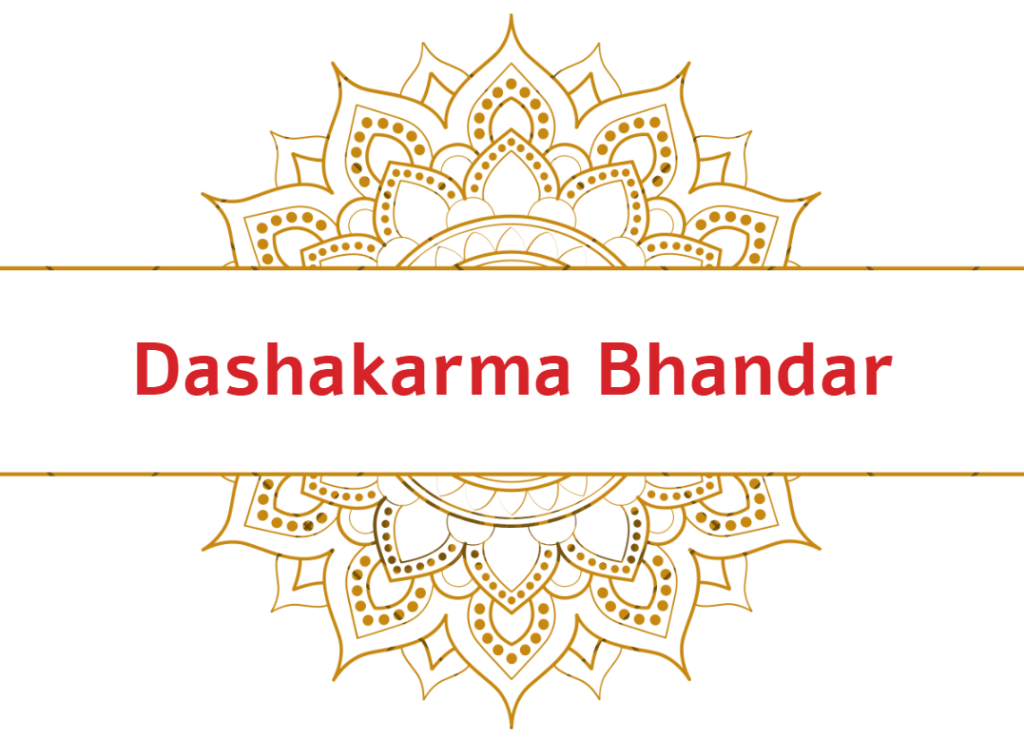

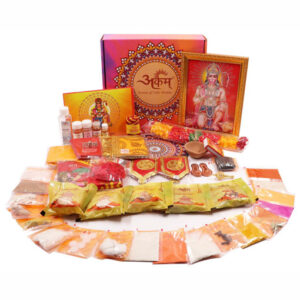

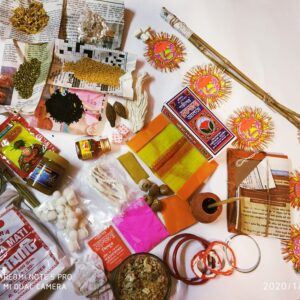
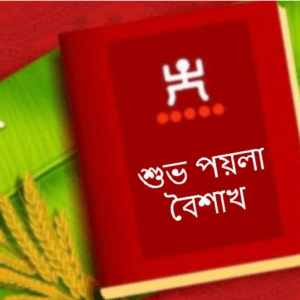
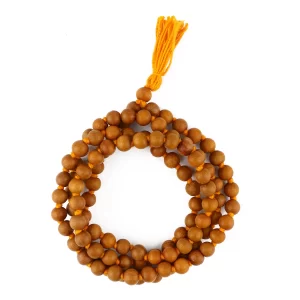
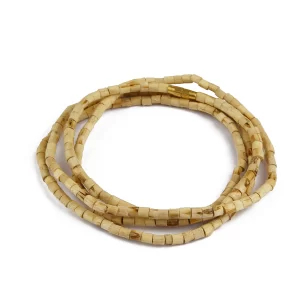
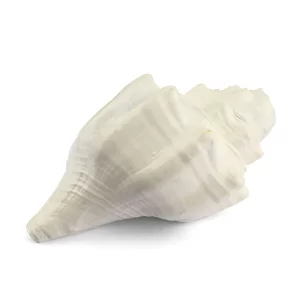
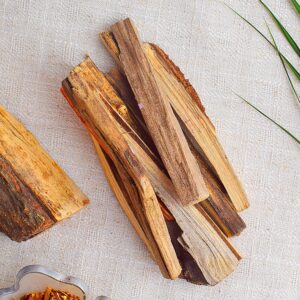
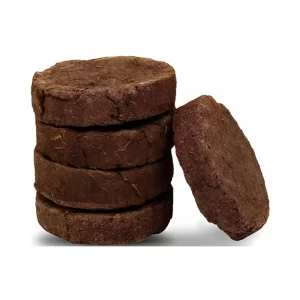
Reviews
There are no reviews yet.